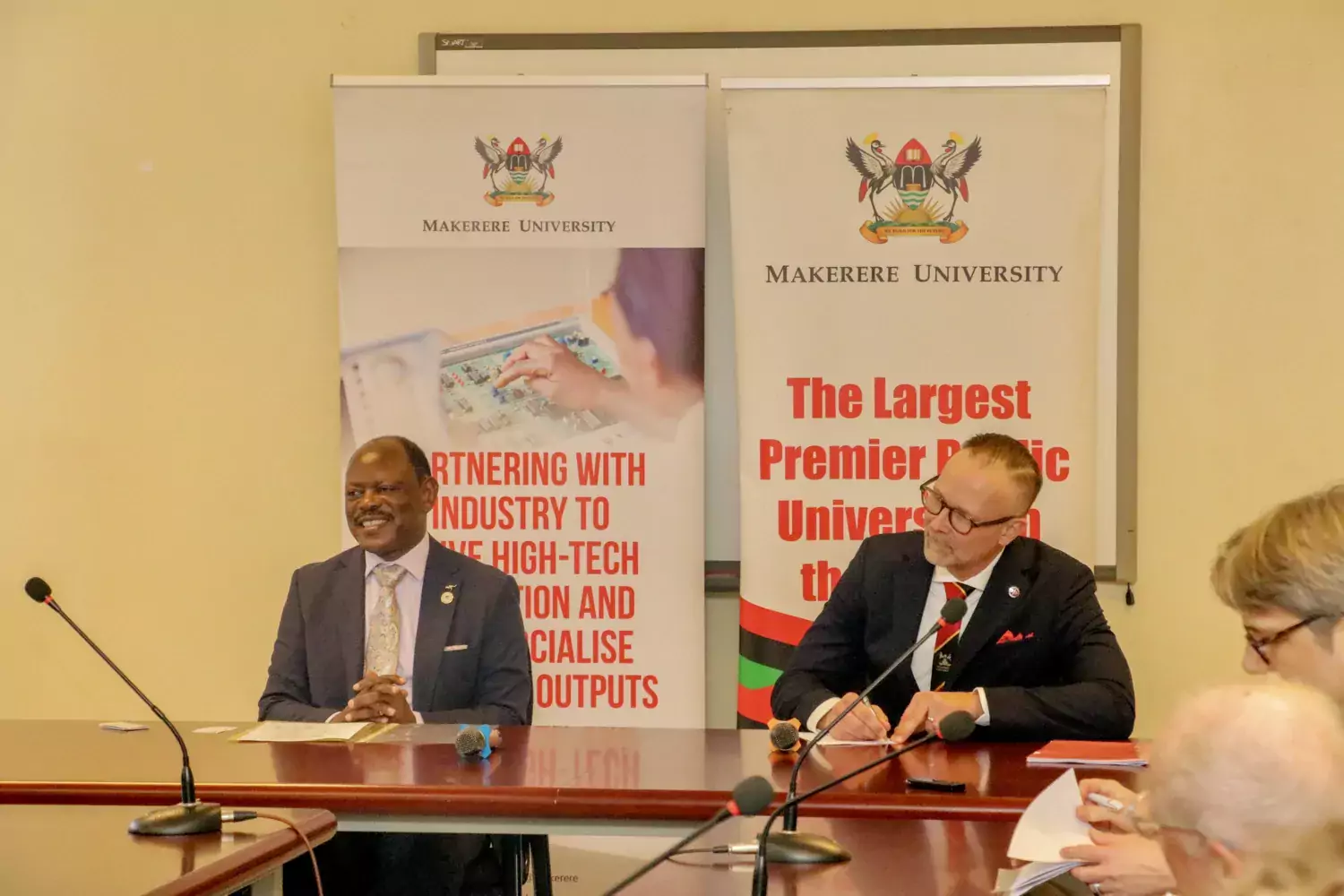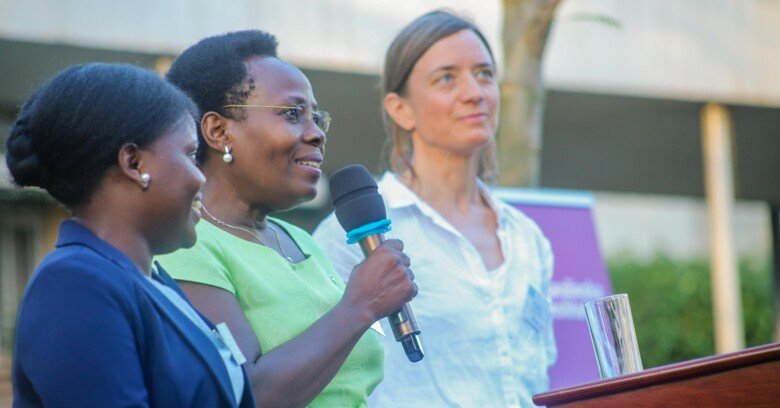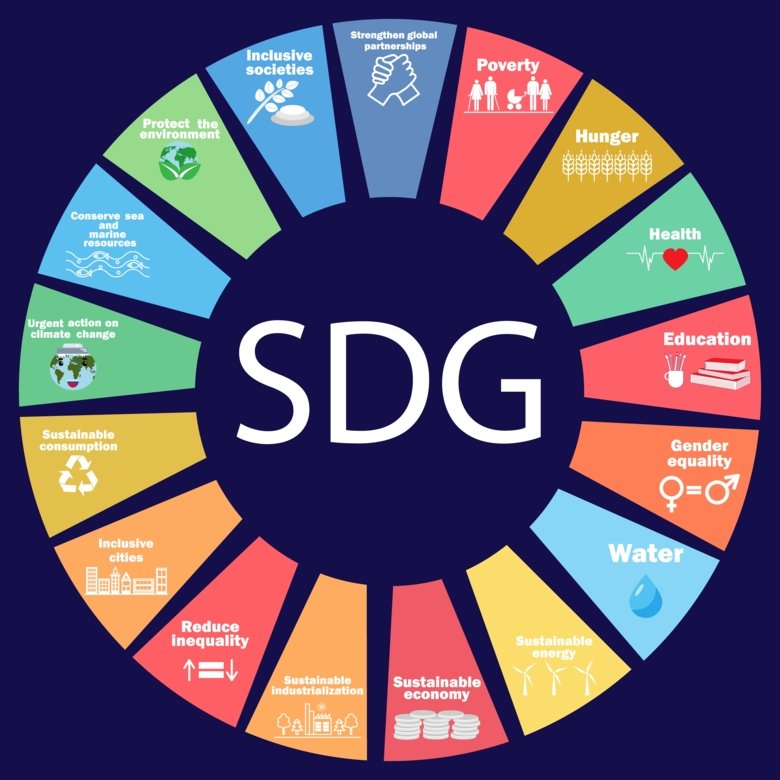Collaboration with Makerere University
The collaboration between Karolinska Institutet and Makerere University is one of the most comprehensive international collaborations at KI, ranging from education to research activities and the establishment of the Centre of Excellence for Sustainable Health.

A strong partnership for mutual benefit
The collaboration started in 2000 and was initially focused on research. A Memorandum of Understanding as well as an agreement regarding doctoral education were signed in 2003. The cooperation expanded to include exchange of students and teachers within several educational programmes. With time, an active alumni network of hundreds of healthcare professionals and researchers has grown and reflects the success of the collaboration. 2021 a new Memorandum of understanding was signed between the two universities and to further deepen the collaboration, the Centre of Excellence for Sustainable Health was established in 2021.
KI:s Vice President Martin Bergö visited Makerere University in February 2024 together with Erika Dabhilkar, Head of the International Relations office at KI, learning about the collaboration.
This is an important next step in the long-standing collaboration. Deepening our partnership will be a significant contribution to increase action to achieve the Sustainable Development Goals of the UN’s 2030 Agenda.
Collaboration on all levels
Collaboration on bachelor's and master’s level
More than 300 students and teachers at both universities have taken part in exchange mobility since 2001, through scholarships from the Swedish Linnaeus-Palme programme, financed by Sweden’s government agency for development cooperation Sida, KI travel grants, funding raised by alumni and the European Union’s Erasmus+ programme.
More information on the collaboration on bachelor's and master's education
Collaboration on doctoral education
In 2003, the universities established a collaborative doctoral programme. The collaboration has been financed through the Sida Research Training Partnership Programme 2001-2022, and has resulted in more than 40 PhD graduates and more than 500 peer reviewed articles.
More information on the collaboration on doctoral education
Research collaboration
Over the last 20 years, KI and Makerere have collaborated closely in research areas such as HIV, sexual and reproductive health, infant care, malaria, tuberculosis, global health, cardiovascular disease, type 2 diabetes, and mental health.

Alumni event with KI and MakU in Uganda 2022
On may 5th 2022 Karolinska Institutet and Makerere University organized an alumni event on site in Kampala, Uganda. The alumni event marked the collaboration between the two universities. More than a hundred alumni, students, researchers and staff were there to take part in the celebrations.

Centre of Excellence for Sustainable Health
The virtual Centre of Excellence for Sustainable Health is a collaboration between Karolinska Institutet and Makerere University in Uganda. The aim of the Centre of Excellence for Sustainable Health is to develop capacity and mobilise actions to drive the agenda for sustainable health. The Centre is permeated by the 2030 Agenda for Sustainable Development.
